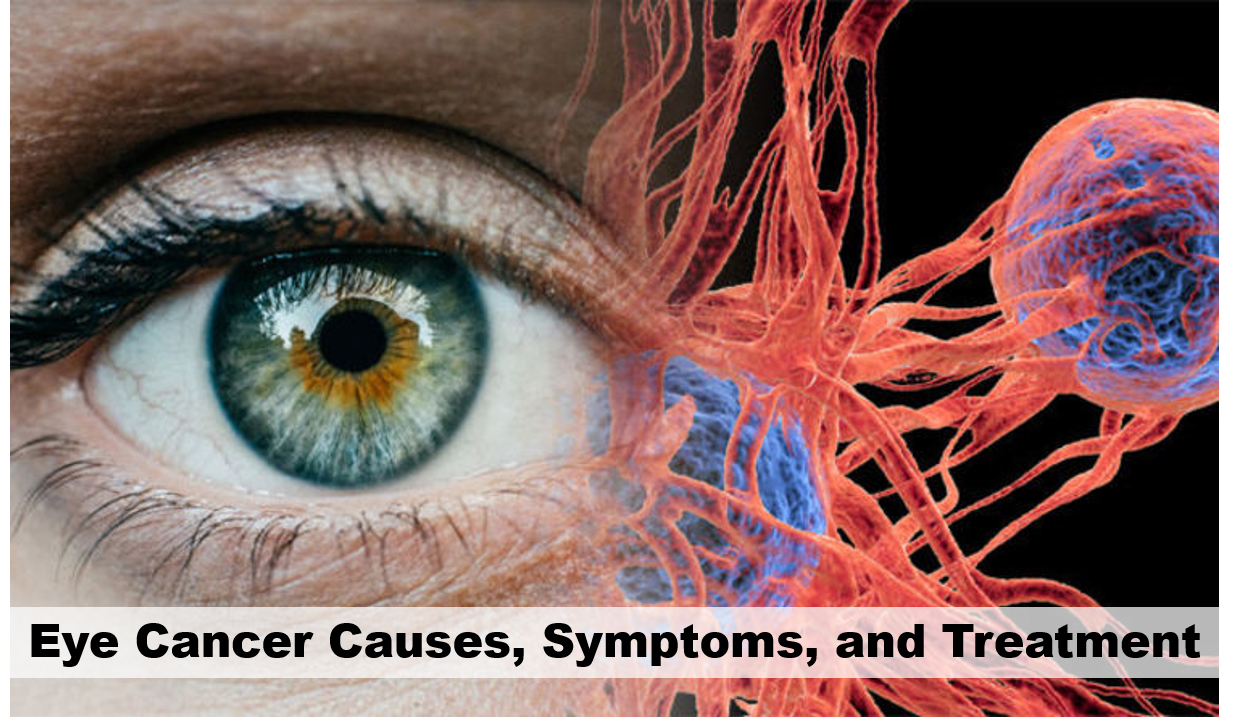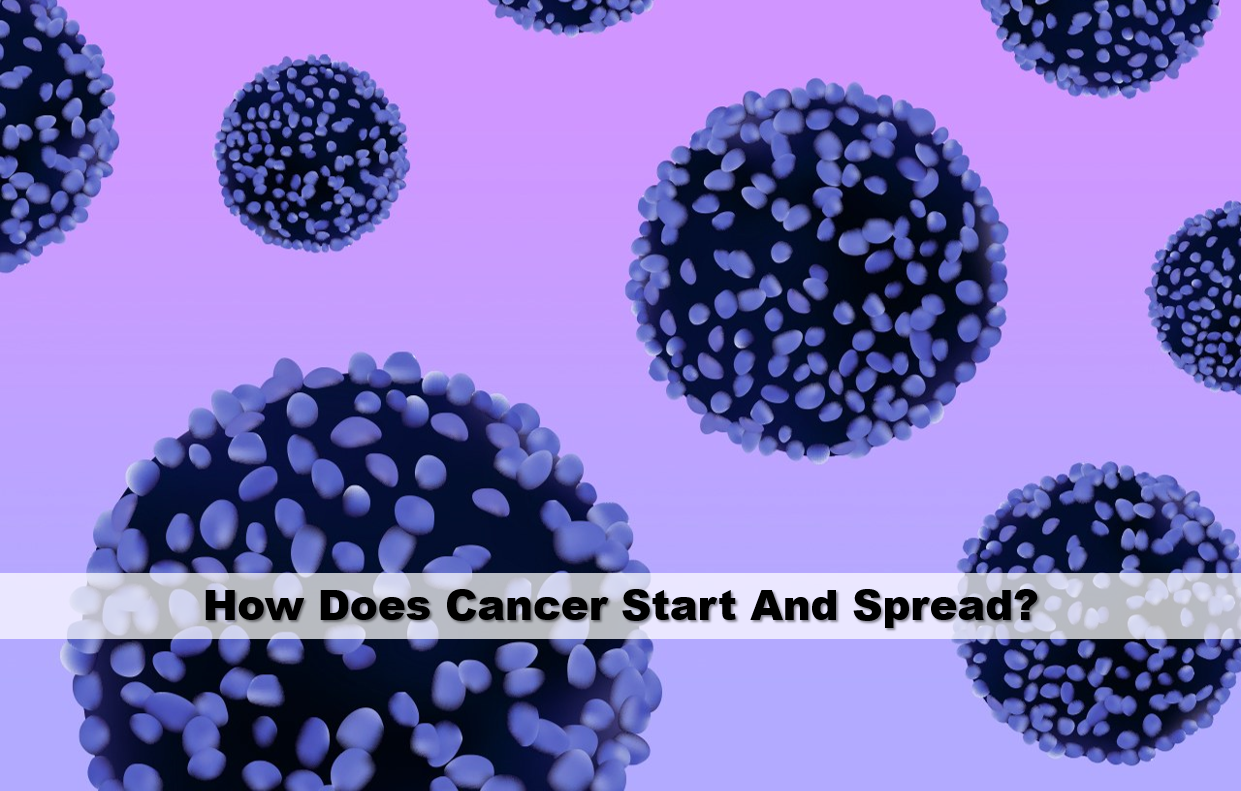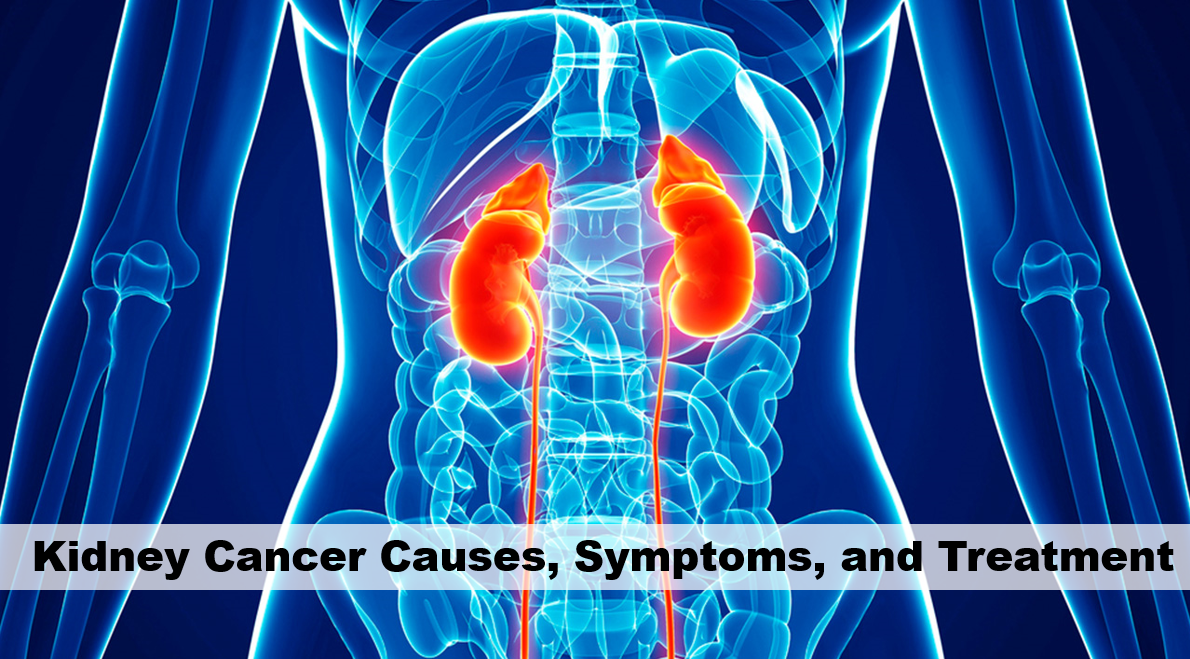What are the Symptoms of Cancer?

What are the Symptoms of Cancer?
Knowing the symptoms of cancer is important for early detection of the disease, but having one or more of these symptoms does not necessarily mean that a person has cancer.
Unexplained weight loss: Many cancers; especially cancer of the stomach, pancreas, esophagus and lung; The first symptom is unexplained weight loss.
Biological Risk Factors: Biological Risk Factors; Physical characteristics such as age, gender, and race. Whether physical and biological characteristics are risk factors for cancer depends on the type of cancer. The biological and physical properties that may pose a risk for certain types of cancer may be the following.
Gender: Some types of cancer are sex-related. For example, prostate cancer occurs in men, since the prostate gland is only found in men. Breast cancer can occur in both men and women, but women have a higher risk of developing breast cancer.
Age: Many types of cancer occur in the elderly. People over the age of 50 have a higher risk of developing cancer.
Race: Certain types of cancer are common in some breeds. For example, prostate cancer is more common in black Americans.
Skin: Skin cancer is more common in blondes.
Environmental Risk Factors: The environmental conditions in which you live or work may be a risk factor for cancer development. Some substances found in the home or workplace increase the risk of cancer. Asbestos, radon, air pollution, UV radiation, exposure to smoking are among environmental risk factors.
Again, some foods taken with diet increase the risk of cancer development, while others can be protective.
Genetic Risk Factors: Genetic Risk Factors are associated with inherited genes from the family.

The risk of developing cancer is high in individuals diagnosed with cancer at a young age in a family member, in individuals with a history of the same type of cancer in three or more generations, in people with more than three cancer cases from their mother or father’s side, and in individuals with two or more different types of cancer in one of their family members.
Even if more than one family member has the same type of cancer, this may not be hereditary. If the cancer is suspected to be hereditary, genetic screening tests should be done.
- Fever: It is frequently seen in cancer, but is generally associated with advanced stage cancers. It may occur as an initial sign in blood cancer and lymph node tumors.
- Fatigue: It can occur early in cancers such as stomach or colon cancer that can cause blood cancer or anemia. Fatigue is an important finding in predicting the course of cancer.
- Pain: It may be the first symptom of bone or testicular tumors, but usually advanced stage cancer
Masses felt in the breast or body: Especially breast, testicle, lymph node or soft tissue tumors can be felt with a lump or swelling under the skin. - Skin changes: Apart from skin tumors, it can be seen in internal organ tumors. In some cancers, jaundice, darkening of the skin or skin rash may be seen.
- Bleeding: Unusual bleeding may occur early or late in many cancers. Blood in the sputum can be a sign of lung cancer, blood in the stool, large intestine, blood in the urine bladder (bladder), and untimely vaginal bleeding can be a sign of uterine or cervical cancer.
- Change in defecation or urination habits: Prolonged constipation, diarrhea, or change in stool size may be the first sign of colon cancer. Pain while urinating, blood in the urine or changes in the frequency of urination may be the first symptoms of prostate or bladder cancer.
- Cough and snoring: Stubborn and persistent cough may be the first symptoms of lung cancer and snoring of the larynx cancer.
- Changes in moles and warts: In case of a new change in shape, size or color in a moles or wart that has been present in our body for years, a doctor should be consulted immediately. Because the chance of treatment increases with early diagnosis in skin tumors called melanoma.





